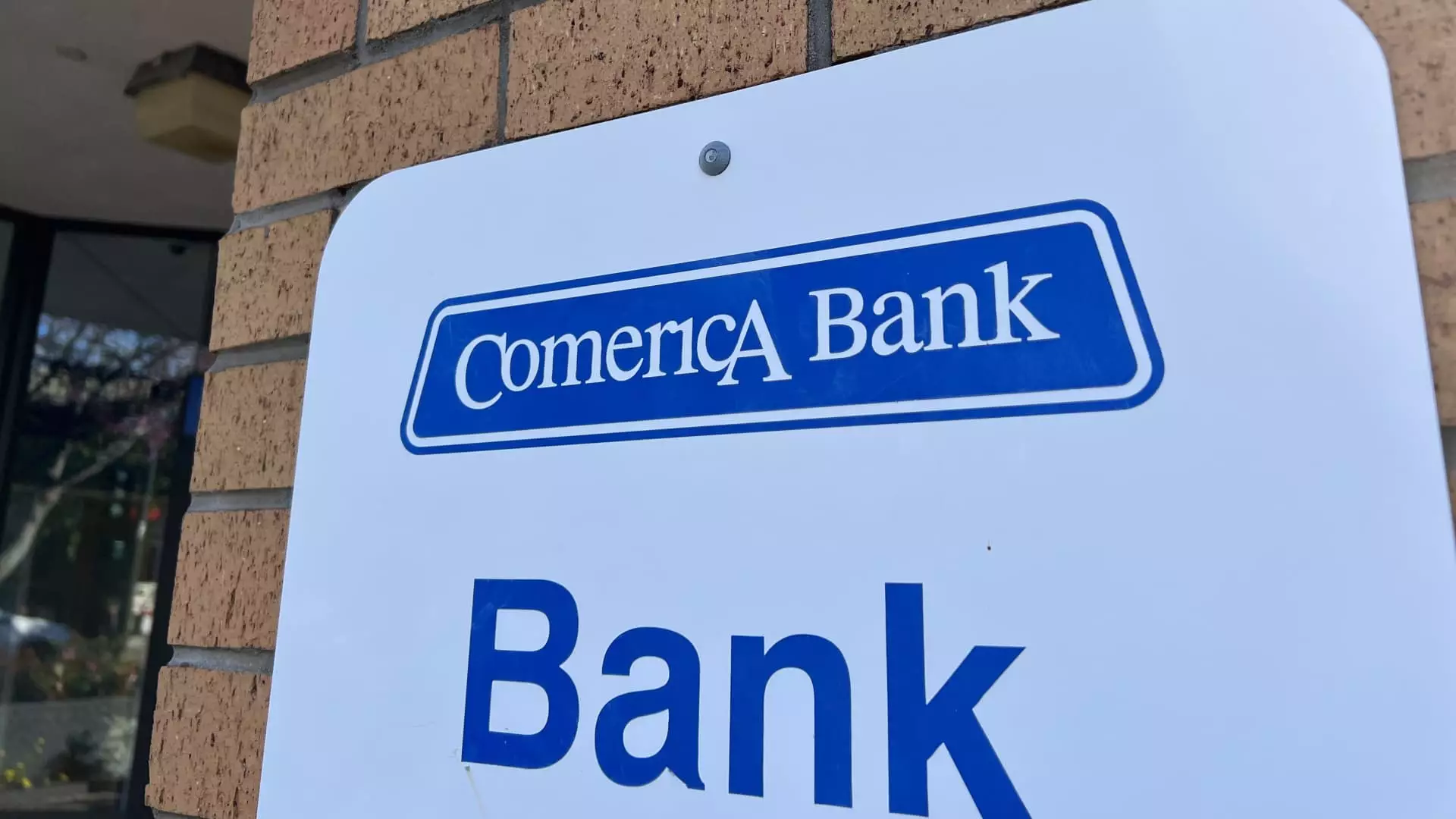The Consumer Financial Protection Bureau (CFPB) has taken a significant stand against Comerica Bank, culminating in a complaint that raises serious questions about the bank’s management of a federal benefits program. This program, intended to support millions of American citizens through prepaid debit cards, has been accused of numerous mismanagement issues that not only affect the bank’s reputation but also threaten the financial stability of vulnerable populations, including the elderly and disabled.
At the heart of the CFPB’s complaint is the allegation that Comerica Bank “intentionally terminated” millions of customer service calls. This assertion paints a troubling picture of a bank that is not just neglecting its responsibilities but actively obstructing access to critical services. The complaint also highlights other grievances, such as waiving approximately 1 million cardholders’ rightful claims to ATM fee reimbursements and mishandling fraud complaints. The significance of these complaints cannot be understated, as they impact individuals who rely on the Direct Express prepaid debit card program to manage their daily expenses amidst fixed incomes.
The Direct Express program primarily serves those receiving Social Security and other federal benefits, making it a lifeline for many. With Comerica contracted since 2008 to administer this program, the allegations against the bank become particularly alarming. Many of these beneficiaries lack traditional banking options, increasing their dependence on dependable service and timely resolution of issues related to their funds. The scenario described by CFPB Director Rohit Chopra, where individuals are unable to connect to competent representatives amid service failures, paints a grim picture of potential financial distress for these customers.
In defense of its actions, Comerica has contended that it acted under the oversight of the federal government, suggesting that the CFPB has overreached in its allegations. According to Comerica’s vice president, the bank has consistently cooperated with the CFPB, providing facts that might absolve it of some blame. However, the bank’s proactive stance in filing a complaint against the CFPB should raise eyebrows. It reflects a contentious relationship with regulatory bodies and highlights the bank’s attempt to assert its accountability despite the mounting evidence against its practices.
This isn’t the first time financial institutions have faced scrutiny for mishandling benefit programs. The CFPB has previously penalized major banks, including a notable $100 million fine against Bank of America for similar issues during the COVID-19 pandemic. These incidents underscore a broader pattern of financial negligence within some institutions, highlighting the importance of robust regulatory oversight in protecting consumers, especially those in vulnerable positions.
As this case unfolds, it serves as an important reminder of the necessity for financial institutions to prioritize consumer welfare and transparency. The ongoing challenges of Comerica Bank in managing the Direct Express program signal the urgent need for continuous scrutiny by regulatory bodies. For millions relying on these essential services, accountability within financial systems is not just an abstract concept; it is a fundamental requirement for their economic survival and dignity.


Leave a Reply